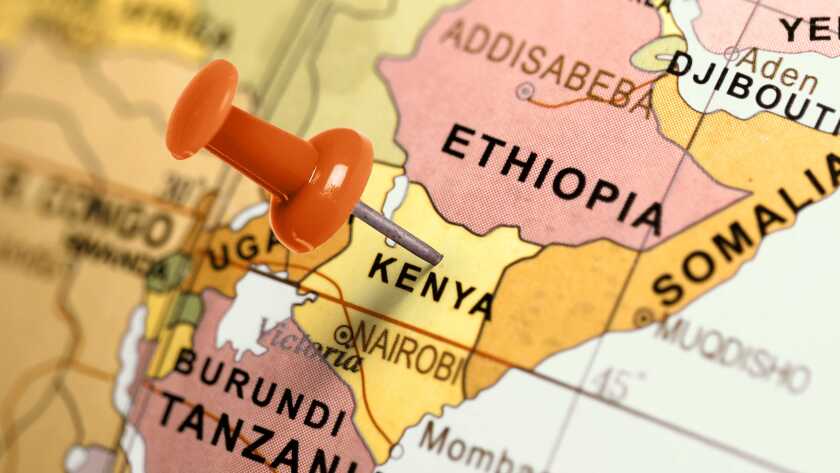The aim of the trials is to establish if customers can enjoy speeds of up to 700 Mbps, with plans to offer than 1,000 Mbps in coming months. The company has also revealed plans to later increase 5G internet speeds beyond 1,000 Mbps in later stages of the trial.
Kit for the network has been supplied by Huawei and Nokia.
Commenting on the developments, Ndegwa said: “Today marks a major milestone for the country. With 5G, we aim to empower our customers with super-fast internet at work, at home and when on the move, supplementing our growing fibre network. At Safaricom, we are proud to be the first in the country and the region to bring this latest innovation to both our retail and enterprise customers empowering them to start exploring new opportunities that 5G provides.”
The trials are being conducted with enterprise customers in the Kenyan capital of Nairobi, as well as the city of Kisumu, Kisii municipality and Kakamega, a town located in the west of the country. Part of the trials will see services extended to more than 150 sites across nine towns over the next 12 months.
The service launched on the Huawei Mate 30 Pro and P40 on Friday, and from the end of April will also be available on the Nokia 8.3, Samsung Galaxy S21 series, Samsung Galaxy Z Fold2 and Samsung Galaxy S20 Ultra 5G.
Safaricom is promoting the mobile network as a way to plug service gaps in fixed line connectivity, with the operator saying enterprise and home internet customers which subscribe to its 5G service will be provided with a 5G router.
5G can support up to one million connected devices per square kilometre compared to 4G which can only support up to 100,000 connected devices in a similar area. This makes 5G suitable for providing super-fast internet speeds in high density areas and for linking thousands of connected devices such as in a manufacturing and supply chain management for businesses.





